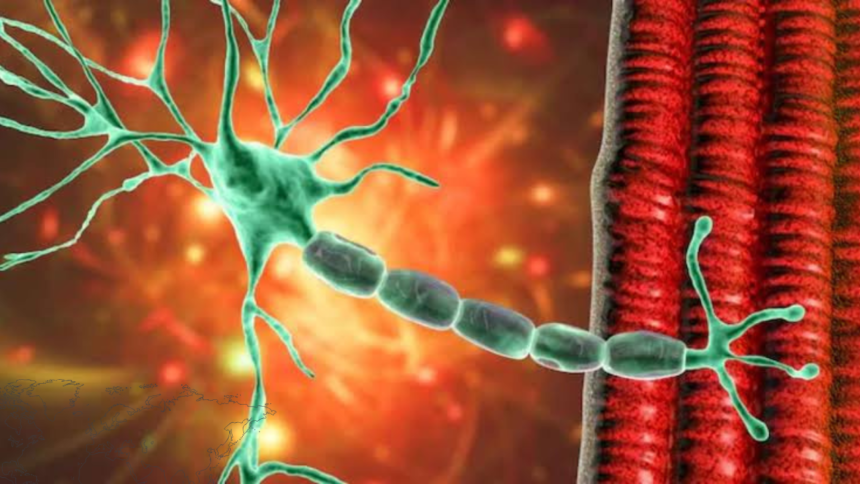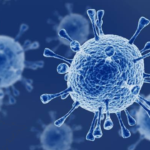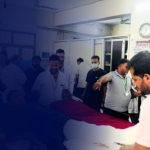Guillain-Barré Syndrome (GBS) is a rare but serious neurological condition that affects the peripheral nervous system. It is an autoimmune disorder where the body’s immune system mistakenly attacks its own nerves. This results in muscle weakness, tingling sensations, and, in some cases, paralysis. While it is not common, it is important to understand the symptoms, risks, and treatment options to ensure early detection and proper care.
What is Guillain-Barré Syndrome?
Guillain-Barré Syndrome is a condition that often begins with mild weakness or tingling in the legs and arms. The symptoms can progress rapidly, leading to more severe muscle weakness and, in some instances, total paralysis. In its most severe form, GBS can affect the respiratory muscles, requiring mechanical ventilation to assist with breathing.
The exact cause of GBS is not fully understood, but it is often triggered by an infection. The most common triggers include viral infections such as the flu, cytomegalovirus (CMV), and Epstein-Barr virus (EBV). It can also be triggered by bacterial infections, including Campylobacter, which causes food poisoning. In rare cases, vaccinations or surgeries may also trigger GBS, although this is uncommon.
Symptoms of Guillain-Barré Syndrome
The symptoms of GBS usually develop over the course of a few days to weeks. Some of the most common symptoms include:
- Weakness or tingling sensations: Often starting in the legs or arms and gradually spreading to other parts of the body.
- Muscle weakness: This can make it difficult for the person to move their arms or legs, and in severe cases, lead to paralysis.
- Difficulty breathing: In extreme cases, GBS can affect the muscles involved in breathing, requiring immediate medical attention.
- Loss of reflexes: Reduced or absent reflexes are often a sign of GBS.
The onset of symptoms can vary from mild to severe. In some cases, symptoms can worsen very quickly, so early medical intervention is critical to prevent complications.
Is Guillain-Barré Syndrome Dangerous?
Yes, Guillain-Barré Syndrome can be dangerous if not treated promptly. While many individuals recover with appropriate treatment, GBS can cause long-term complications or even be life-threatening in severe cases. One of the most concerning aspects of the condition is that it can affect the muscles involved in breathing, leading to respiratory failure, which may require ventilator support.
Additionally, some people with GBS experience long-term effects such as residual weakness, numbness, or fatigue, which can impact their daily lives even after they recover from the acute phase of the illness.
However, it is worth noting that Guillain-Barré Syndrome is not fatal for most people. Studies show that around 70-80% of individuals make a full recovery within months to a year, with the help of proper medical care and rehabilitation. Early diagnosis and treatment significantly improve the chances of a full recovery.
How is Guillain-Barré Syndrome Diagnosed?
Diagnosing GBS involves a combination of clinical examination and diagnostic tests. Doctors will assess the patient’s medical history and symptoms, looking for signs of muscle weakness and loss of reflexes. Common tests used to confirm a GBS diagnosis include:
- Nerve conduction studies (NCS): To measure how fast electrical impulses move through the nerves.
- Spinal fluid analysis: A lumbar puncture (spinal tap) can reveal an elevated level of protein in the spinal fluid, which is often seen in GBS cases.
- Blood tests and imaging: These help rule out other conditions and pinpoint the cause of the symptoms.
Treatment and Recovery
Treatment for Guillain-Barré Syndrome generally focuses on reducing the severity of symptoms and speeding up recovery. Two main therapies are used:
- Plasma exchange (plasmapheresis): This procedure involves removing the plasma from the blood and replacing it with other fluids to reduce the level of harmful antibodies that are attacking the nerves.
- Intravenous immunoglobulin (IVIG): This involves injecting immunoglobulin (antibodies) from healthy donors into the patient’s bloodstream, which helps modulate the immune response and reduce nerve damage.
In addition to these treatments, patients may need physical therapy and rehabilitation to regain muscle strength and mobility. The length of recovery varies from person to person, with some individuals returning to normal within a few months, while others may take longer.
Preventing Guillain-Barré Syndrome
Since the exact cause of GBS is often linked to infections, the best way to reduce the risk is by preventing the infections that can trigger the condition. This includes practicing good hygiene, receiving vaccinations (such as the flu vaccine), and taking precautions to avoid bacterial infections, especially when traveling.
Although Guillain-Barré Syndrome is rare, it is important to stay informed about the condition, especially if you experience symptoms like weakness, tingling, or difficulty moving your limbs. Early intervention and medical treatment can significantly improve outcomes and reduce the risk of complications.
While Guillain-Barré Syndrome is a serious and rare condition, understanding its symptoms, causes, and treatment options can help people seek timely medical care. Awareness is key to managing the disease effectively and ensuring better recovery rates. If you or someone you know experiences the signs of GBS, it is essential to seek medical help immediately to minimize the risks associated with the disorder.








